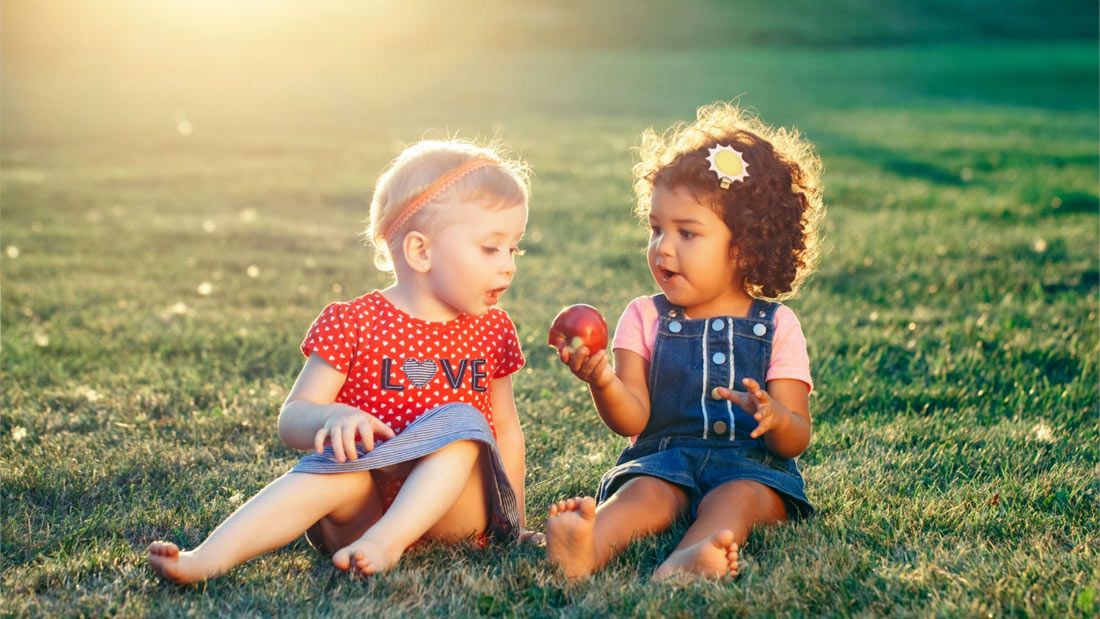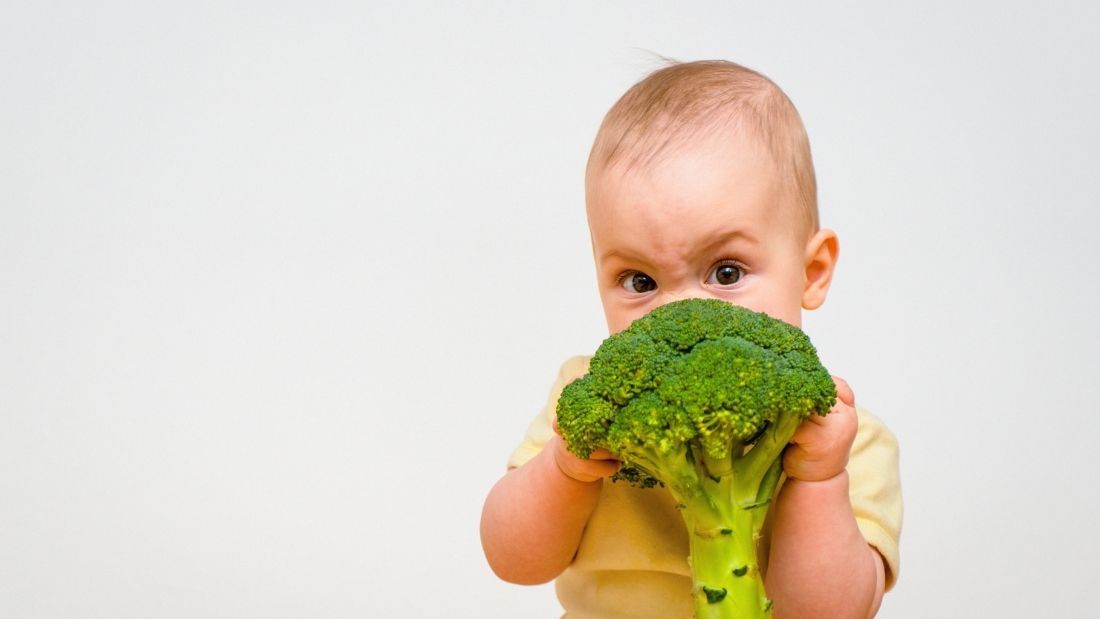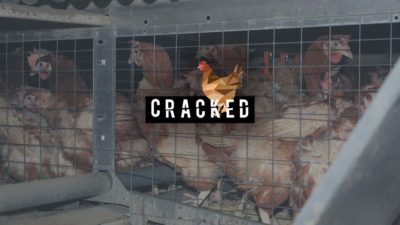Top 7 tips for raising vegan kids

There is still a lot of misinformation around vegan diets, particularly when it comes to children. Outdated views that children need calcium from cow’s milk, and animal protein, to grow properly, persist. Because of this, the decision to raise children on a vegan diet still remains controversial to some.
But in fact, many experts and major health bodies such as the Nutrition Foundation and British Dietetic Association agree that a vegan diet can be healthy and ‘suitable for people at all stages of the life cycle including pregnancy, lactation. infancy, childhood and adolescence’.
To clear up some of the confusion and put your mind at ease, we’ve put together seven things you need to know to ensure that your vegan children are not only healthy, but thriving.
1. Just like any diet, it should be well-planned
Any diet you choose to raise your children on should be well-planned to ensure that they obtain all the nutrients they need. Did you know that almost one third of children aged five to ten years old eat less than one portion of fruit and veg a day? There is still a surprising lack of education around the nutrients we need at all stages of life. Even if you feel that you are the healthiest vegan adult there is, children have slightly different nutritional requirements, so it’s important to do your research to give them the healthiest start in life.
This handy page gives you a comprehensive breakdown of all the vitamin and mineral requirements for children at every age.
2. It may reduce their risk of chronic disease
Not only is a vegan diet suitable for people of all ages, but it can reduce your risk of chronic diseases such as heart disease, obesity, type-2 diabetes and some cancers. Healthy eating patterns are established early in life, so starting your children off on a healthy vegan diet may help protect their health in years to come.
3. Children have higher protein needs
Because children are growing so quickly, they need extra protein per kilogram of their body weight to help them build and repair cells, enzymes and hormones. This is why they should have good protein sources at every meal such as pulses (beans, lentils, chickpeas, tofu), wholegrains (oats, wholemeal bread, pasta, brown rice), nuts and seeds, mock meats, seitan (wheat protein).
This page describes how much protein children need at each age.
However, you don’t need to worry too much – if they eat enough in general, they should be getting enough protein.
4. Keep an eye on iron and zinc
Children need a good supply of iron and zinc for their brains and bodies to develop and grow properly. Fortunately, vegan staples, such as hummus, tofu, lentils, beans, chickpeas, nuts and seeds (and butters made from them) are great sources of both iron and zinc, and protein too!

5. Avoid too many fibre-rich foods
Most people don’t get enough fibre but for children under the age of two, it can fill them up quickly and reduce their food intake. That doesn’t mean they shouldn’t eat fruit and vegetables, pulses or nut butters – it means that they should be given some low-fibre foods too, for example mashed potatoes, white bread, tofu, soya or coconut yoghurts and child-friendly cereal products.
From age two onwards children’s fibre requirements increase and they should be eating plenty of plant wholefoods such as fruits and vegetables, alongside pulses and wholegrains to keep their guts healthy and prevent constipation.
6. Make sure they have enough calcium
Calcium is one of the main building blocks for bones, so it’s important that children are getting enough so that their bones grow healthy and strong.
Luckily, there’s plenty of calcium in plant foods! We absorb the most calcium from leafy greens, such as kale, spring greens, broccoli, Chinese cabbage and bok choy. You can also get calcium from tofu (if it is calcium-set), tahini, beans, fortified plant milks and breakfast cereals.
When it comes to plant-milks, babies under one year of age need breastmilk or formula. After that, fortified soya milk or plant-based milks made specifically for toddlers can be introduced as a complimentary drink.
7. Children should take vitamin B12 and D supplements.
Just like vegan adults, it is advisable that vegan children of all ages take a vitamin B12 supplement. Experts recommend a single daily dose of five micrograms for children up to three years of age, 25 micrograms for children from four to ten and 50 micrograms daily for older children and adults.
For vitamin D, the government recommends that babies who are breastfed are given 8.5-10 micrograms of vitamin D drops per day. Formula-fed babies should get an adequate amount from their formula and don’t need additional supplements. Children aged one to five, they say need a 10 microgram supplement from October to April, when it’s very difficult to produce enough from sunlight. Toddlers and older children may need a supplement all year round as we usually protect their skin with sunscreen or clothing so their skin may not be able to make enough.
Following this guidance will help give your child the best start – so well done vegan mums and dads, we salute you!
Fore more detailed information, see: What every parent should know when raising vegan babies and children




